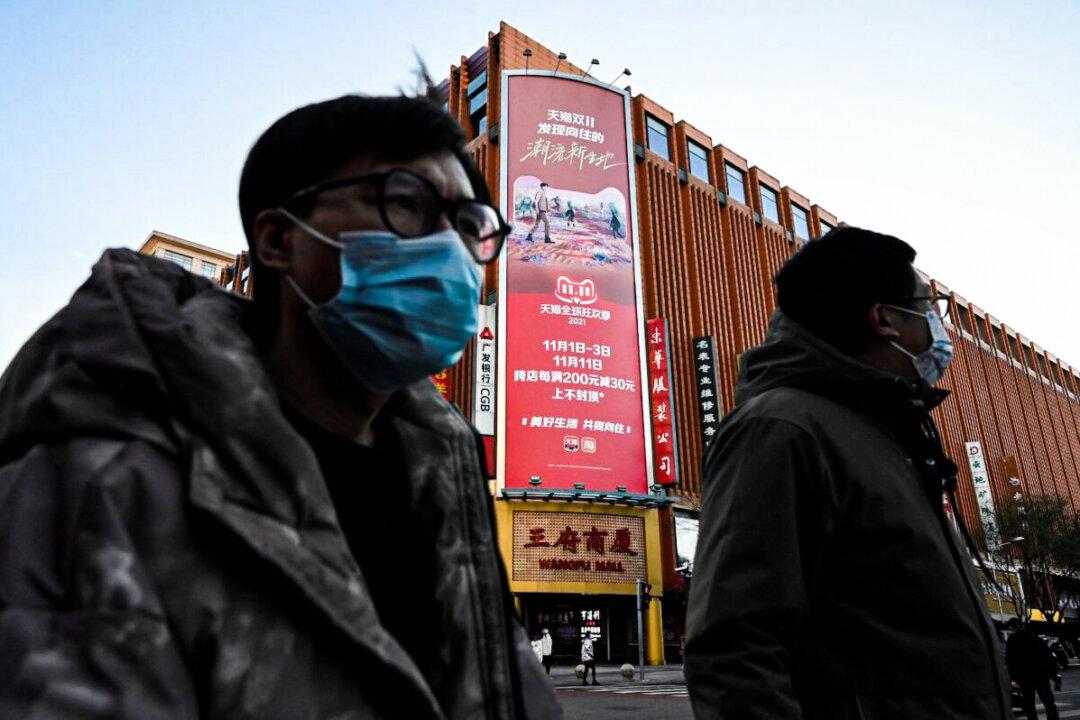China and the United States are negotiating to hold a summit in late November between presidents Trump and Xi Jinping. The U.S. government has announced publicly China’s failure to respond to Washington’s trade demands such as the guarantee of intellectual property rights. Many observers of the Sino-U.S. trade conflict assume that China has no cards to play except to stubbornly reject U.S. requests.
Yi Gang, governor of the People’s Bank of China, said at the G30 International Banking Seminar in 2018 on Oct. 14 that “we still have considerable monetary policy tools, including interest rates, required reserve ratio, monetary conditions, and other means at our disposal. The above tools are sufficient to deal with uncertainty.”





